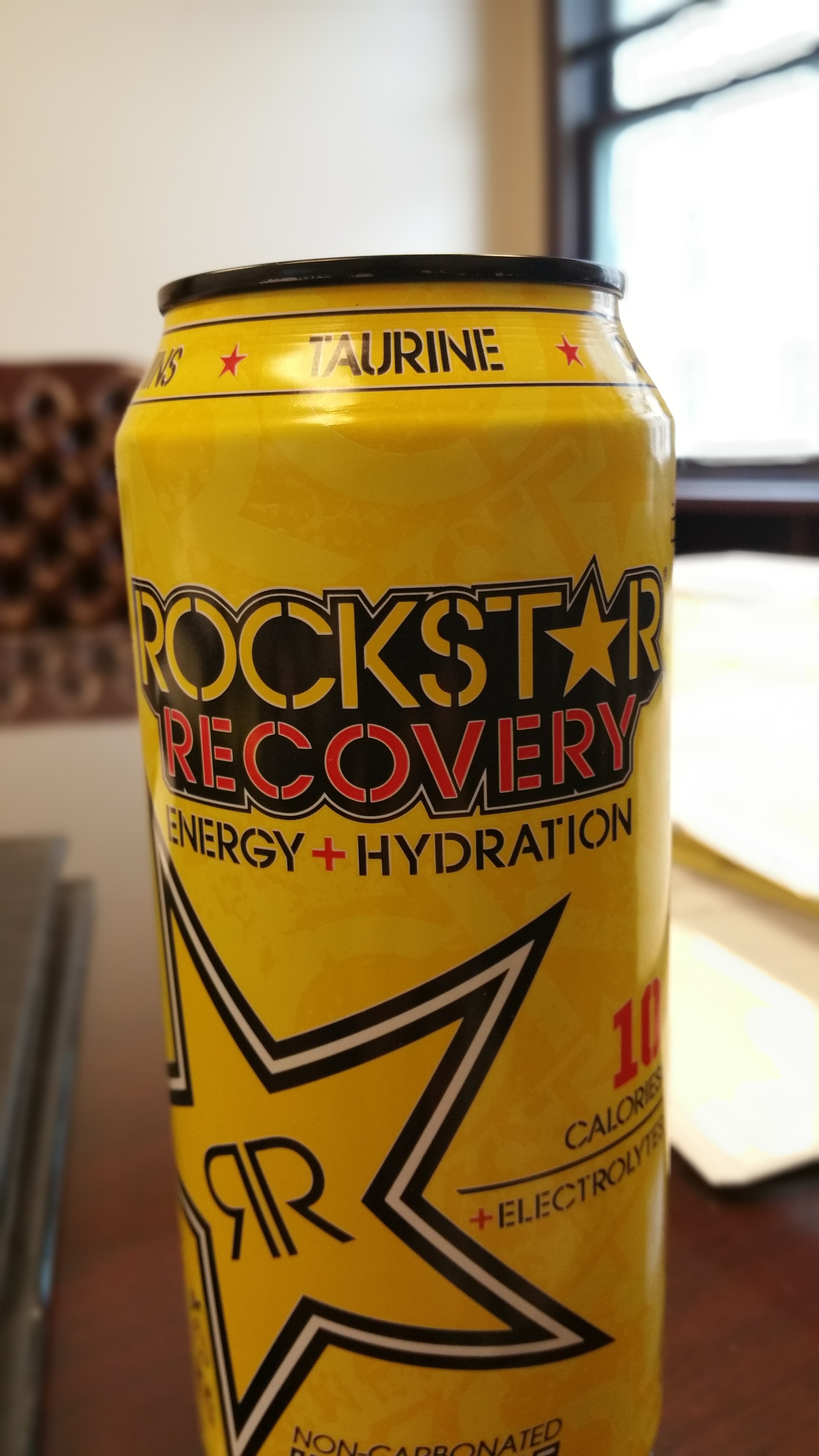This is Part III of a three part series on business or commercial contingency fee cases. See Part I and Part II.

You may have a claim for damages that you may not be able to afford to pursue. Damages run the gamut from personal injury to lost profits, lost income, loss of business opportunities, defamation, or losses related to trademarks, patents, or copyrights. A contingency fee can be a good option to pursue your claim.
In Part I, I discussed the benefits of pursuing your case on a contingency fee basis. In Part II, I discussed how an attorney evaluates your potential claim. In this third installment on contingency fee claims, I discuss what you need to know when negotiating with an attorney once the attorney agrees to take your case.
Your claim is an asset with an uncertain value. It may have substantial value or no value (that’s what your attorney needs to determine- see Part II), but once you know it has some value, the negotiations begin. Remember, if one attorney has evaluated your claim and believes you have a claim worth pursuing, it is very likely that there is another, equally competent attorney willing to pursue your claim. Feel free to shop around. You are not committed to one attorney until you sign a contingency fee agreement with him/her.
WHAT YOU NEED TO KNOW WHEN NEGOTIATING YOUR CONTINGENCY FEE ARRANGEMENT WITH YOUR ATTORNEY.
When you hire an attorney, there should always be a written agreement establishing what the attorney will do for you and how you will pay for it. Some attorneys are good about explaining everything and walking you through the terms of the agreement. Others have their secretary send you the fee agreement with very little discussion. Although we all agree to contracts every day without understanding all the fine print (Facebook games anyone?), do not accept a contingency fee agreement without understanding it thoroughly.
Your claim is an asset that you are inviting lawyers to share in the risk of pursuing. You will be negotiating the terms of that joint risk and potential reward with your attorney. The attorney does not obtain a legal ownership interest in your claim (that would be illegal) but structures a deal where the attorney only gets paid fees if you recover. The structure of this financial agreement will be established in a written contingency fee agreement. (NOTE: if your attorney does not put this in writing, a red flag should go up– by law, it’s always in writing). Feel free to use your imagination in structuring your deal. Nothing ventured, nothing gained. If you do not ask, you will not receive.
When entering into a contingency fee agreement, Utah attorneys are bound by the Utah Rules of Professional Conduct. These rules limit and shape the agreement between a client and attorney. Under these rules and good practice, the basic terms of any contingency fee agreement with attorneys should discuss the following:
1. Scope of engagement- client, matter, and limits: Attorneys want to define exactly what legal services they are providing to you. In a contingency fee matter, your attorney will typically only represent you regarding the piece of litigation that will lead to a recovery (hopefully a big one). If you want your contingency fee attorney to do more, like work on tax implications of your recovery (or loss), estate planning, or that nasty neighbor threatening you about the condition of your fence, plan on either including those issues in your contingency fee letter or paying extra later on. A well-written contingency fee agreement should spell out the bounds of what the attorney will do for you.
2. Fees: You already know that your attorney’s fee will get paid out of the recovery (if any). The amount of that fee is negotiable: it is whatever you agree it is- there is no set formula.
Typically, a contingency fee starts at 33% and goes up from there. You and your attorney could agree to a lower fee if the attorney settles your case very early with very little effort. You should also expect that the fee will likely increase if it takes longer or more effort to obtain the recovery.
Often the fee percentage is tied to identifiable landmarks in the case such as the filing of a complaint, the close of fact or expert discovery, the first day of trial, the issuance of a verdict, appeals following trial, or collection of a judgment. You and your attorney can decide which landmark is used (if any) to trigger a higher or lower contingency fee.
Where appropriate, you may be asked to set a fee ‘ceiling’ or a fee ‘floor’ regardless of recovery. For example, if your best case potential recovery is $100,000, it may be appropriate to agree to a set fee for any recovery greater than $50,000. The economics of the case may not justify an attorney taking the case unless such a greater fee was assured. In other words, you may not be able to entice any attorney to take your case unless the recovery was big enough to justify the risk. A fee ceiling might be appropriate if your case has a substantial value with little downside risk. Also, it could be a convertible ceiling, meaning that if the case drags on for too long, becomes more expensive due to unforeseen issues, or actually has to be tried to verdict, the ceiling may be removed.
3. Costs: In a contingency fee case, you will typically only pay costs if your case produces a recovery. Costs of litigation most often include court filing fees, copy costs, subpoena costs charged by others, expert witness fees, trial exhibits, legal research, courier fees, and travel costs. You will find that typically the largest costs are the expert witnesses. Your agreement should specifically define exactly which costs are recoverable so there is no question later on.
Also, your out-of-pocket costs are not reimbursed by the attorney unless agreed to. If you are asked to make copies, travel to a deposition, or take time off work for matters involving the case (trial, hearings, etc.), your costs will not be covered. You will be expected to have your costs reimbursed from the recovery.
Attorneys like to know that you are committed to the case and will often ask you to invest some of your cash to go towards costs. Note that costs do not include attorney fees or any fees or costs normally attributable to any of the attorney’s overhead or staff.
4. Calculation: Assuming you win, recovery is often divided in the following order:
- Attorney recovery of fees: Gross recovery X contingency fee percentage = attorney fees.
- Recovery of costs (attorney or client) is then subtracted from the amount remaining after the recovery of attorney fees (gross recovery – attorney fees).
- Everything left after paying attorney fees and costs is yours (after payment of medical liens, if any).
Some will deduct the costs before calculating fees. Know what you agree to; it makes a difference. For example: Assume 33% fees and $10,000 costs for $100,000 recovery. Costs calculated as above: $100,000 X 33% = $33,000 fees; $67,000 – $10,000 = $57,000 recovery to client. Costs calculated before fees: $100,000 – $10,000 = $90,000; $90,000 X 33% = $29,700 fees; $90,000 – $29,700 = $60,300. It’s a $3,300 swing.
5. Withdrawal/Dismissal: This part of the agreement lets you fire your attorney or your attorney to withdraw from representing you. Neither situation is without consequence. Typically, even after you fire your attorney or s/he withdraws, the agreement will allow the attorney to retain an interest in your case and be paid a certain percentage if you ever recover anything.
6. Retainer: Although this is normally a requirement when hiring an attorney, you should not be asked to provide a retainer in a contingency fee case unless it is a retainer for costs (see above). If you are asked to pay a fee retainer, find another attorney since it should be clear that they do not know what a contingency fee case is.
Negotiating a contract, including a contingency fee contract, is a creative endeavor. Even if your case is a run-of-the-mill personal injury claim (dog-bite, car accident, etc.), you should have room to get creative in your deal. And, because this is a creative process, there are questions you may have that I have not addressed. Below, I have attempted to make a FAQ (frequently asked questions) section to hopefully address some of your questions. If you still have questions, please feel free to ask in the comments or contact me directly.
FAQ:
- In a personal injury case, who pays medical liens? You do. In a case involving medical liens, your attorney is legally obligated to pay for such liens out of the recovery after the attorney fees and costs are deducted. In many cases, your attorney should be able to negotiate lower rates with insurers and Medicare/Medicaid based on a number of factors including the cost of recovery (attorney fees and costs) and whether the expenses are related to the claim or something else.
- Will you and/or your attorney advance costs? Depending on your ability to invest and the claims and anticipated costs, an attorney will often require you to put some skin in the game and invest cash towards costs. You may not have any money to invest so it may cost you in other areas such as percentage of recovery.
- If your attorney advances costs, will the recovery of advanced costs be contingent? This is a variation of who is advancing the costs. If a lawyer advances costs, it typically does so at his/her risk.
- Will the party advancing costs be entitled to interest on such costs? Usually, yes.
- Will costs come out of the total recovery before the fees are calculated or after? The attorney will want his/her fee recovery based on the gross recovery, however, this decreases your overall recovery. It’s a numbers issue. Typically, costs come out after fees but it’s negotiable.
- Will you have to pay for your opponent’s attorney fees if you lose? Depends. The loser only pays attorney fees in Utah if provided for by contract, statute, or some exception. Your case may not involve an attorney fee clause or statute. If it does and you lose, then, yes, you will be responsible for an attorney fee judgment. Note that if you are entitled to attorney fees if you win, then your opponent is typically entitled to have you pay fees if you lose– even if the contract or statute does not explicitly say so.
- If your recovery includes an award for attorney fees, how is that award divided at the conclusion of the matter? Depends. If it has not been addressed in your contingency fee agreement, then it is considered part of the recovery and is subject to the percentage of recovery. There may be tweaks to this outcome. It’s best to discuss this on the front end instead of fight about it later.
- Will attorney’s percentage increase with trial, appeal, retrial, or substantial collection efforts? Typically, yes. Attorneys will often demand a higher percentage of recovery at each stage of litigation in order to cover the increased work and risk involved.
- Will you be required to reasonably cooperate with your attorneys? Yes. It’s in your best interest and you will be under a duty to do so.
- Will you have any ability to approve or disapprove of a settlement? Yes. Typically, both you and your attorney agree to the settlement. You may give your attorney advance approval to settle within a certain range.
- Will your attorneys be able to withdraw from the representation? Yes, and so will you. That does not mean, however, that if you later obtain an award in the case (usually with other attorneys) the attorney may not retain some ability to collect the costs and fees it expended in the case while acting as your attorney. Your agreement should spell out the parties’ rights so there is not another lawsuit about any recovery.
- In the event of a dispute with your attorney, how will that dispute be resolved?
There is no typical situation. Some attorneys like to keep issues confidential and will insert an arbitration clause in the agreement. Many will require arbitration before the local bar association in order keep it fair and the playing field level. Some attorneys prefer courts and juries. There are risks and benefits of both. You should understand that the attorney-client privilege is typically waived in such a dispute and whatever you told your attorney will be fair game. And, your agreement will likely have an attorney fee provision requiring the loser to pay the fees of the prevailing party. - In commercial cases there may be potential for non-monetary compensation paid as part of a favorable settlement. How will these things be valued for purposes of calculating a fee? There is lots of leeway to value a ‘win’ that does not include money. Even if you cannot come up with a value, at least acknowledge the issue in your agreement and establish a way to value it later once the dust settles. For example, if disputed, it can be given to a mutually agreeable third-party to establish the value.
- Should I get an attorney to help me negotiate with my attorney on the contingency fee agreement? Not likely. If you do not feel comfortable with or are confused by the terms proposed by your chosen attorney, discuss it with the attorney. You should feel comfortable discussing this or any part of your case with your attorney. This is your asset and you are asking the attorney to help you recover it. If after discussing the agreement with your attorney, you still do not feel good about it or do not understand it, feel free to have another attorney look at it and advise you. Your attorney on the contingency fee matter should have no problem with you seeking separate advice. You may find that you want a different attorney to handle your case.
One last note: at the end of your case, win or lose, your attorney owes you a written statement showing the outcome of the matter and, if there is a recovery, showing the remittance to the client and the method of its determination. If you do not get one, demand one. It’s your case and the attorney is along for the ride.
There are issues and nuances that cannot all be addressed here. If you have questions, you should get specific legal advice. When in doubt, go with your gut feeling. If you don’t like the attorney you first talk to, find another– there is always another. Talk to your friends, get referrals from people you trust, read the American Bar Association suggestions, or talk to me.
For more information about your potential contingency fee case or a complementary consultation, contact Utah attorney Ken Reich directly. Mr. Reich routinely represents both companies and individuals in business matters and disputes involving a contingency fee arrangement. Using his many years of experience and backed by a firm of legal specialists in nearly every legal field, Mr. Reich can help you evaluate your claim and help you make smart decisions about your business and your life that will best fit your circumstances.


